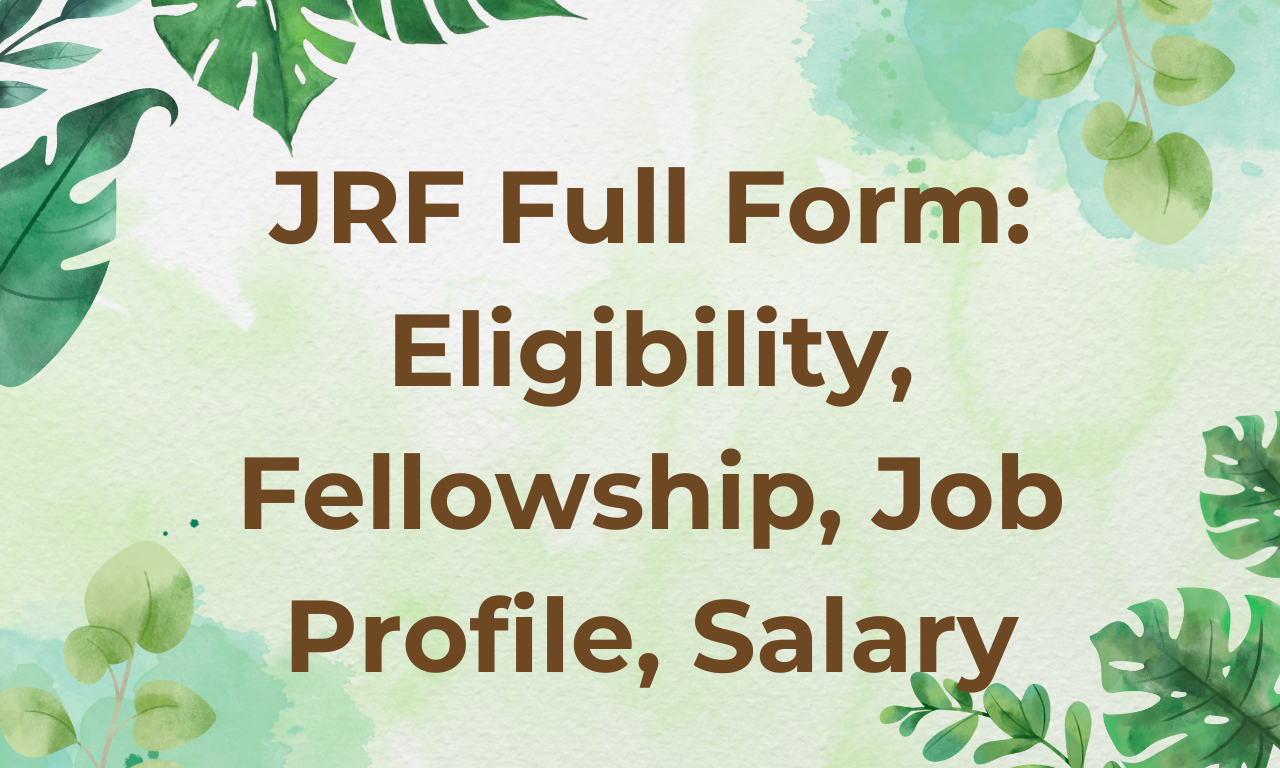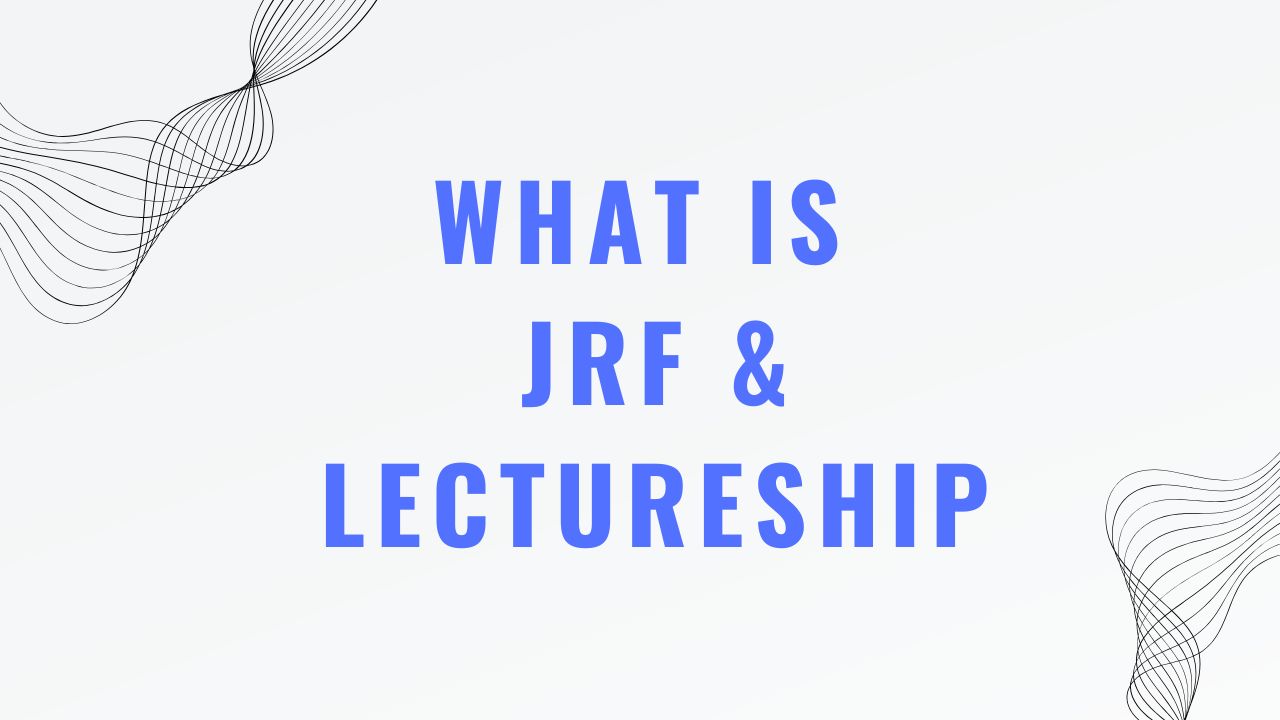UGC NET Research Paper, Importance, Types, Research Methodology
Research papers for the UGC NET exam are essential as they contribute to academic knowledge and help in understanding various subjects. These papers can be classified into different types, such as qualitative, quantitative, and mixed-method research, each serving unique purposes. The research methodology outlines the systematic approach to conducting research, ensuring reliability and validity in findings. Understanding these aspects is crucial for candidates as it prepares them for teaching and research roles in higher education. What is a Research Paper? A research paper is an academic document that presents an original idea or analysis on a specific topic. It usually includes sections like an introduction, literature review, methodology, results, discussion, and conclusion. The goal is to add new knowledge to a field by reviewing existing studies and sharing new findings. Writing a research paper involves careful data collection and analysis, following ethical guidelines, and properly citing sources to maintain credibility. What is the importance of a research paper for the UGC NET Exam? A research paper is crucial for the UGC NET Exam as it assesses candidates’ understanding of research concepts, methodologies, and ethics. It ensures that candidates can critically analyze and contribute to academic discourse, which is essential for teaching and research roles in higher education. Additionally, familiarity with research papers enhances candidates’ ability to formulate research questions, design studies, and interpret data effectively. This knowledge is vital for addressing complex problems in their respective fields. Types of UGC NET Research Paper 1. Empirical Research Papers Empirical research papers focus on collecting and analyzing data from real-world observations or experiments. Researchers use methods like surveys, experiments, or observations to gather information. After collecting the data, they analyze it using statistical techniques to conclude. The results help answer specific research questions and contribute new knowledge to the field. These papers are important for UGC NET candidates as they demonstrate the ability to conduct original research based on evidence. 2. Theoretical Research Papers Theoretical research papers aim to develop or refine existing theories in a specific area of study. They start with a review of the current literature to understand what has already been established. Researchers then analyze these theories critically and may propose new ideas or modifications to existing ones. This type of paper is essential in fields like philosophy and sociology, where understanding complex concepts is crucial. For UGC NET aspirants, these papers help deepen theoretical knowledge and critical thinking skills. 3. Review Papers Review papers summarize and analyze existing research on a particular topic. They provide an overview of what is known, highlighting key studies and findings. Researchers evaluate the strengths and weaknesses of previous work and identify gaps in the literature. This helps to suggest areas for future research. For UGC NET candidates, writing a review paper is valuable for understanding the broader context of their field and framing their own research questions based on established knowledge. 4. Case Studies Case studies involve a detailed examination of a specific instance, event, or situation. Researchers collect data through methods like interviews, observations, and document analysis to understand the context and implications of the case. The findings provide insights that can be applied to similar situations or inform broader theories. For UGC NET aspirants, case studies are particularly useful in fields like education and social sciences, where real-world applications of theories are important for understanding complex issues. 5. Action Research Papers Action research papers focus on solving specific problems within a community or organization. Researchers identify a problem, implement a plan to address it, and then observe the results. This process involves planning, acting, observing, and reflecting on the outcomes. Action research is practical and aims to create positive change while also enhancing the researcher’s understanding of the situation. For UGC NET candidates, this type of research is relevant in education and social work, emphasizing hands-on solutions and community involvement. 6. Comparative Studies Comparative studies analyze two or more subjects to find similarities and differences. Researchers select specific cases or groups and establish criteria for comparison. By examining these subjects closely, they can draw conclusions that help understand broader trends or theories. For UGC NET candidates, comparative studies are valuable in fields like political science and sociology, where understanding different perspectives can lead to deeper insights into social dynamics and issues. Format of a Research Paper The format of a research paper is essential for presenting your findings in a clear and organized manner. While specific requirements may vary depending on the discipline and the journal or institution, most research papers follow a standard structure. Below is a detailed outline of the typical format of a UGC NET research paper: 1. Title Page 2. Abstract Summary 3. Introduction 4. Literature Review 5. Methodology 6. Results 7. Discussion 8. Conclusion 9. References 10. Appendices (if applicable) Formatting Guidelines for Research Paper Step by Step Guide to Writing a Research Paper Writing a UGC NET research paper is very complicated, and one has to adhere to the steps below to complete the same: 1. Choose a Research Topic Selecting a research topic is a critical first step that sets the foundation for your entire paper. A well-chosen topic should not only align with your interests but also fill a gap in existing literature. Conduct preliminary readings in your field to discover current trends, debates, and unresolved questions to choose a UGC NET topic. Having an idea of the topic scope helps you to do an in depth analysis. Additionally, assess the feasibility of your topic by ensuring access to relevant data and literature, which will facilitate a thorough investigation. 2. Conduct a Literature Review A literature review is vital for situating your research within existing knowledge. Systematically search for scholarly articles, books, and academic sources related to your topic using databases like JSTOR and Google Scholar. Take detailed notes on key findings, methodologies, and theoretical frameworks. Organize your notes thematically to identify patterns and gaps, informing your research question and justifying your study’s significance. 3. Formulate a Research Question or … Read more



